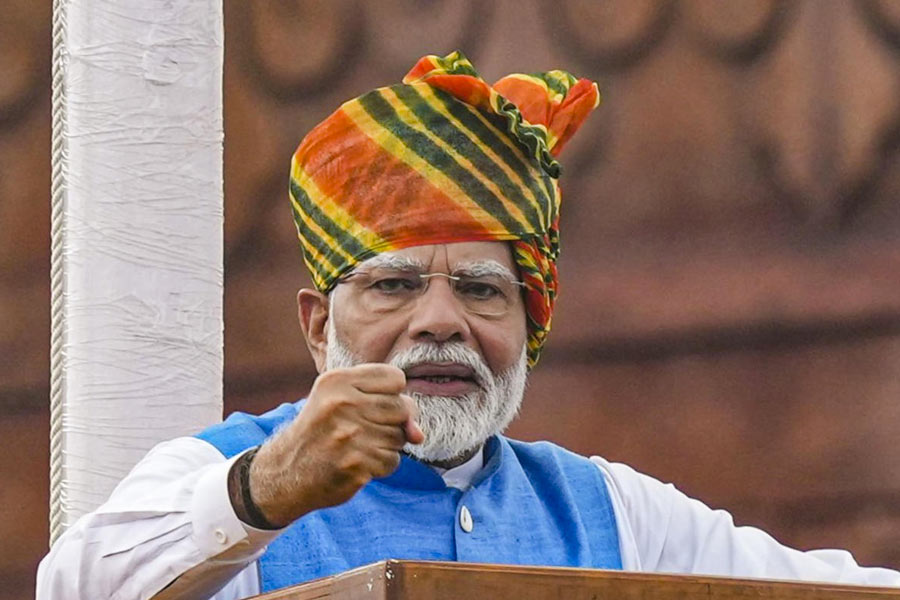In its third term in power, the Narendra Modi government has now blinked thrice. After the referral of the waqf (amendment) bill, 2024 to a Joint Parliamentary Committee and the withdrawal of the contentious broadcasting bill, Mr Modi’s government has now had to ask the Union Public Service Commission to cancel the advertisement for 45 posts in the bureaucracy through the lateral entry route. The ostensible reason for this retreat is the prime minister’s sudden realisation of the need to align the mechanism of lateral entry with the principles of social equity and justice. But the truth lies elsewhere. In the 18th Lok Sabha, the Bharatiya Janata Party no longer commands the brutal majority to push controversial bills down the throat of Parliament and the nation. The Janata Dal (United) and the Lok Janshakti Party (Ram Vilas) — they prop up the National Democratic Alliance along with others — had been critical of the lateral entry policy on account of its anti-reservation leanings. A resurgent Opposition — the Congress in particular — had joined the chorus too, forcing the Centre on the backfoot. This goes to show, once again, that a coalition government is perhaps more desirable than one with an electoral majority when it comes to not only keeping a muscular regime in check but also securing the spirit of federalism and the health of parliamentary democracy. The developments also reveal the BJP’s nervousness about the perception that it is inclined to weaken or, worse, do away with the reservation policy. Its depleted kitty in the Lok Sabha polls, data suggest, can be attributed to the dissemination of such a perspective. The party does not have the stomach to risk another electoral backlash before the next round of assembly polls.
It has been argued that the politics of reservation has toppled a project — that of lateral entry — which has nothing to do with affirmative action. This is because the lateral entry option had been primarily conceived to usher in domain expertise in governance. The idea that merit or domain expertise is the monopoly of any particular social constituency is prejudicial. Yet, those objecting to the view of aligning lateral entry with social justice — the point the prime minister made, albeit belatedly — seem to believe that the introduction of reservation to this form of recruitment could lead to the erosion of expertise. That is regressive thinking.










